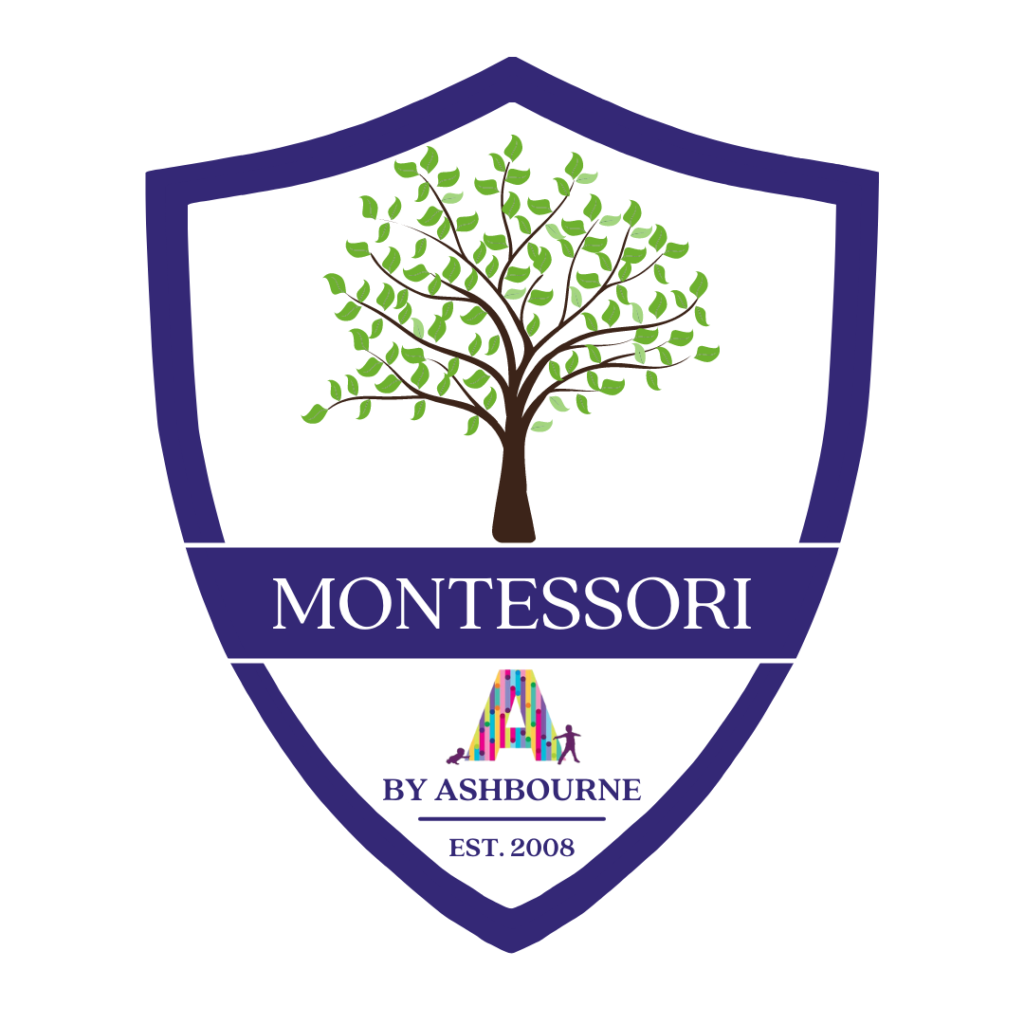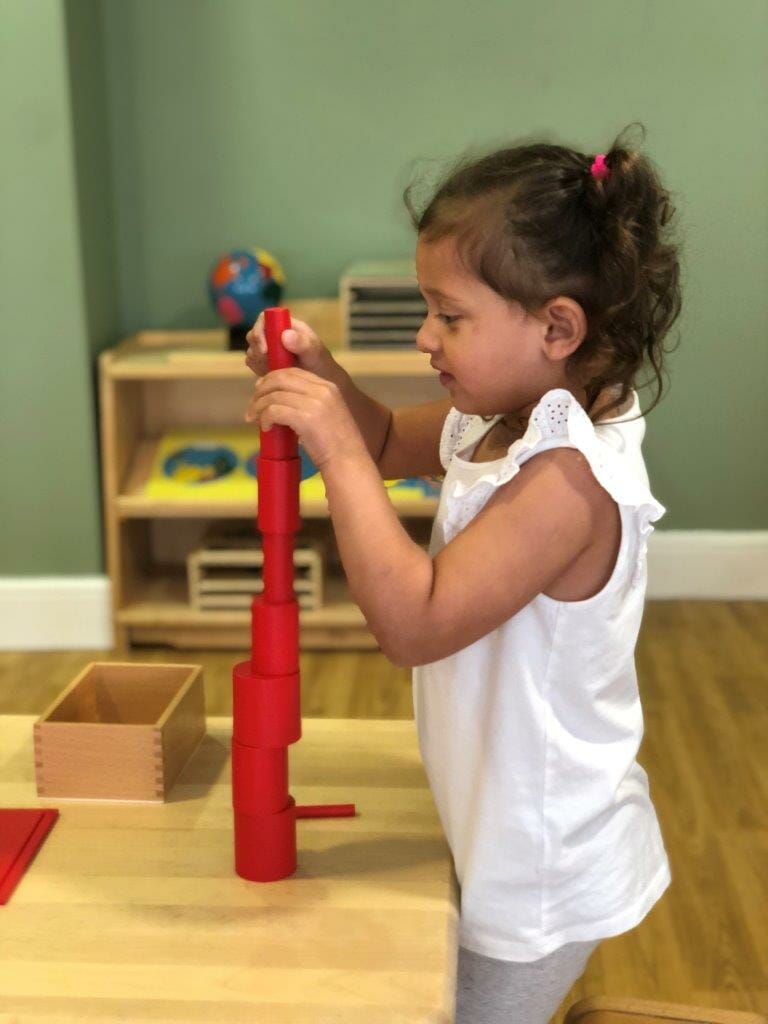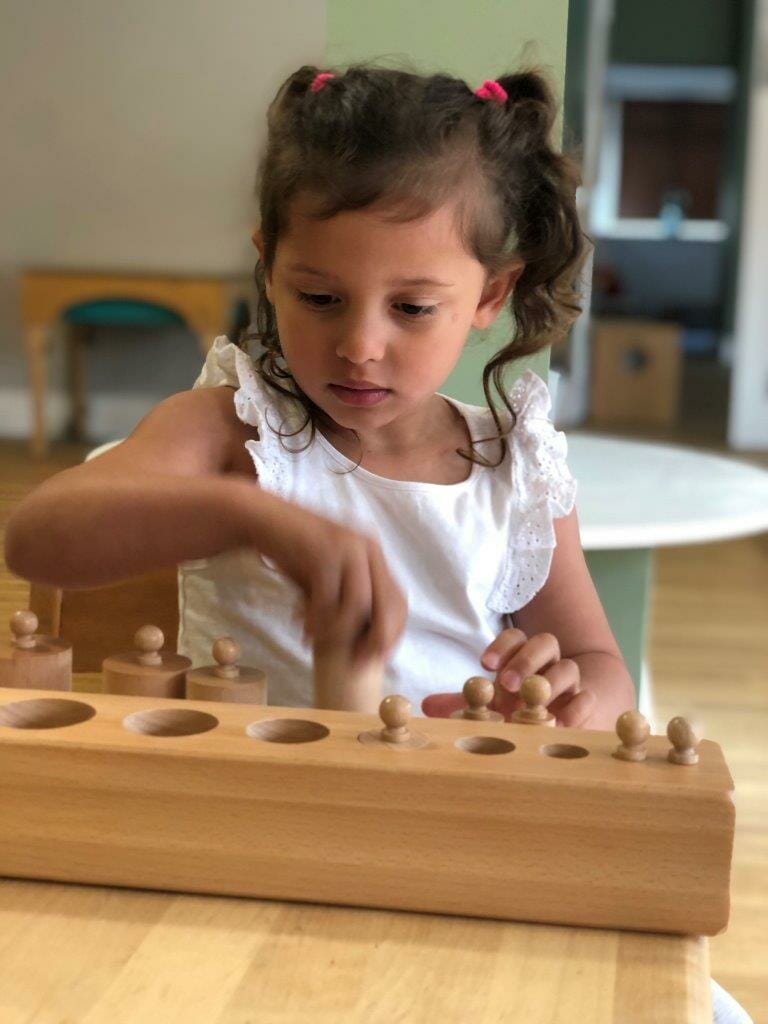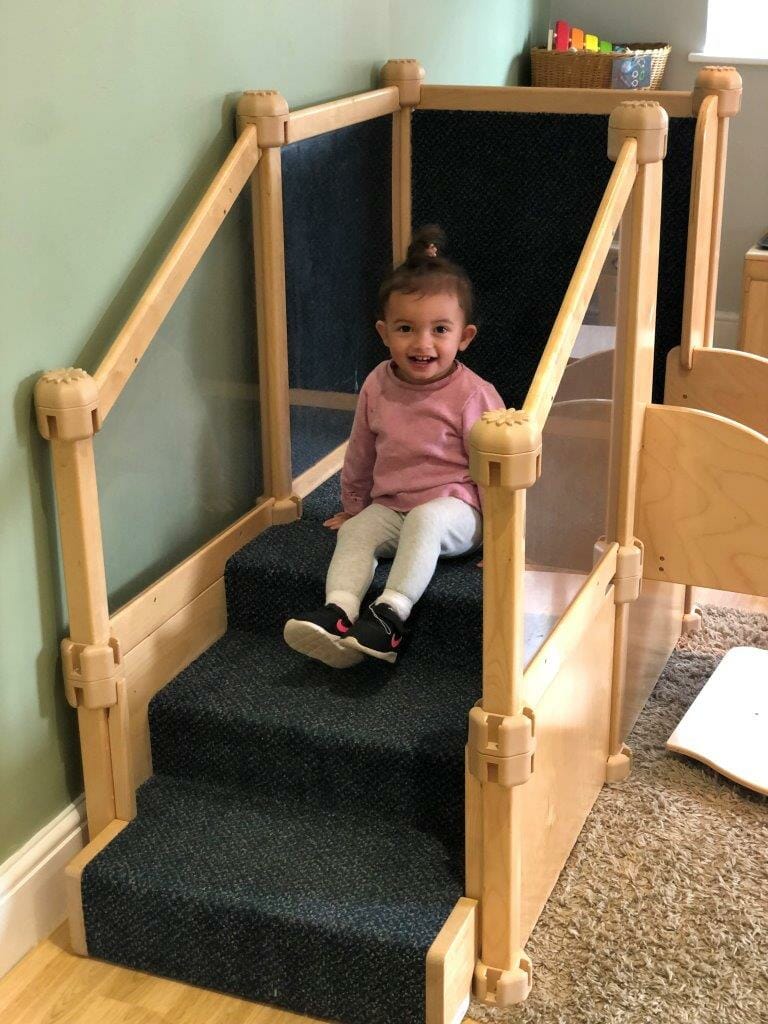Montessori
The beauty of the Montessori philosophy is the simplicity of the ethos and how children are at the forefront of the classroom and their own individual learning. There is nothing purer than following the child and their interests and this is the baseline for the whole Montessori philosophy.
Maria Montessori believed in both sides of the nature/nurture debate, believing children are born with a personality that would gradually unfold. The key to supporting a child’s personality and intellect reach their full potential, is through a provision enriched with a nurturing environment.
The Montessori method focuses highly on how the environment (Classroom) is organised and the role of the Montessori practitioners who prepare and work with in the environment.
The vision is for each environment to be idyllic where children are happy and content and there is obvious learning taking place. To achieve this, there needs to be certain aspects of the environment that are embedded to an excellent standard. These are:
Freedom
Montessori allows for a lot of freedom – NO interrupting the children at crucial points of learning, whilst taking into consideration the nurseries golden rules.
Structure and Order
Montessori environments have an order to how they are presented and prepared. There is a clear progression of activities and this allows for the children to understand structure, order and boundaries.
Reality and Nature
It is paramount to the Montessori philosophy to ensure everything in the Montessori classroom is part of reality, which will support children in their future life, learning and caring for nature and the environment.
Beauty and Atmosphere
All Montessori settings should be aesthetically pleasing, with a rich, calm and inviting atmosphere; allowing children and adults to enjoy their environment and take pride wherever they are.
Montessori Materials
Montessori materials have been carefully and thoughtfully created in a way to support children in their continued development. The majority of Montessori materials have direct and indirect learning objectives, allowing the child to learn a direct new skill with the beginnings of preparing the mind and body for new skills in future development.
Consideration for Community Life
Montessori environments should always have a consideration for the local community and acknowledge the individual home life of all the children attending.




